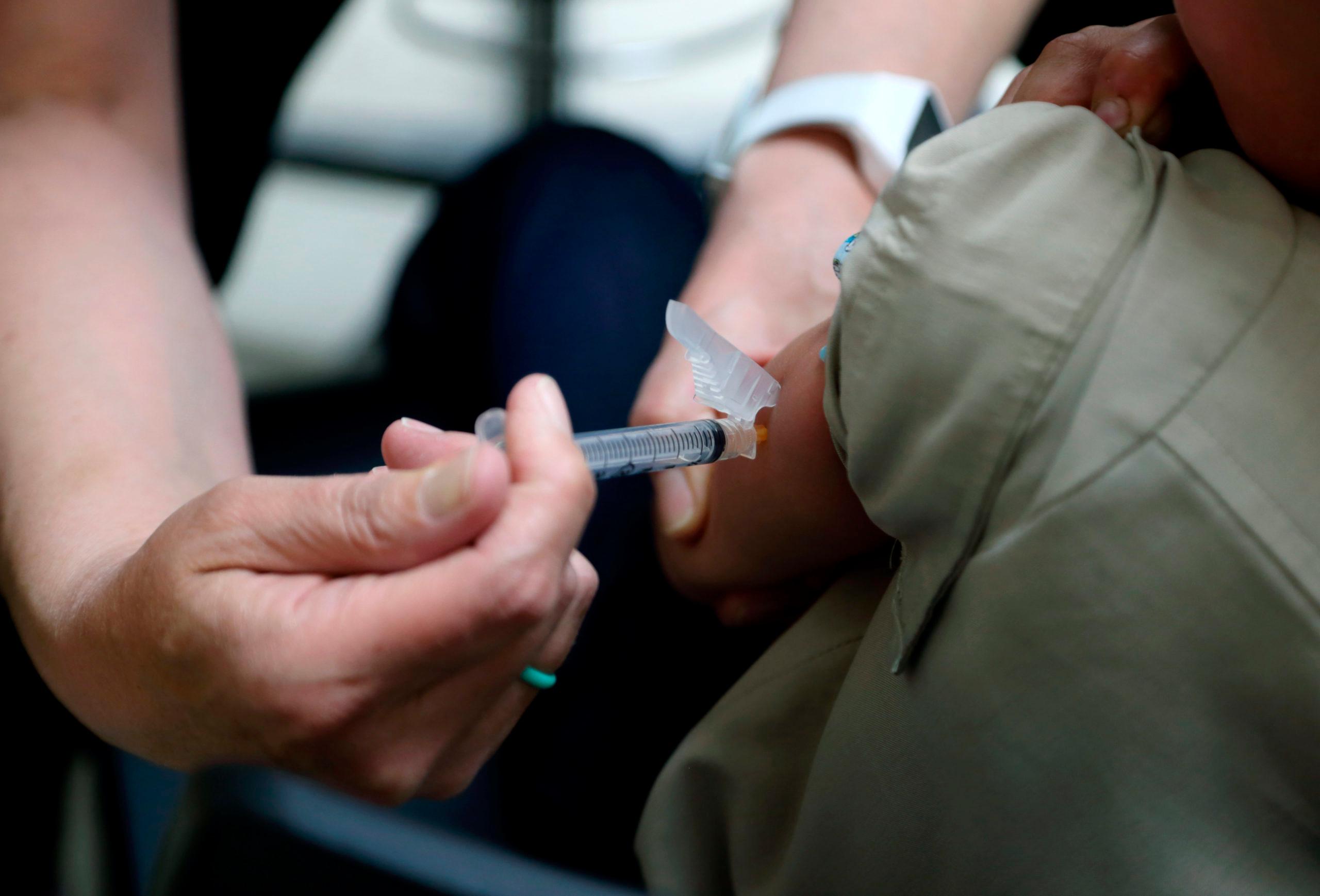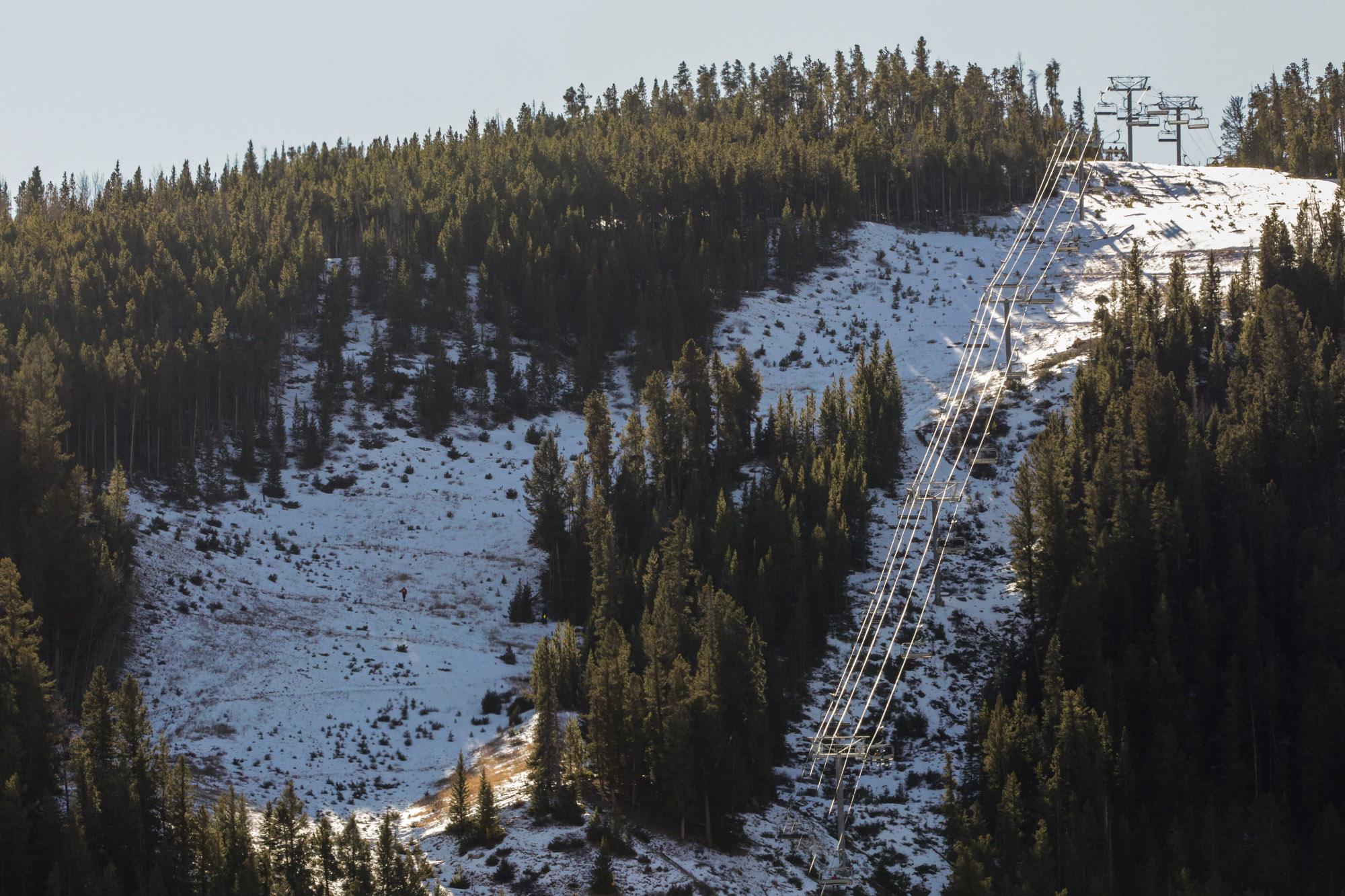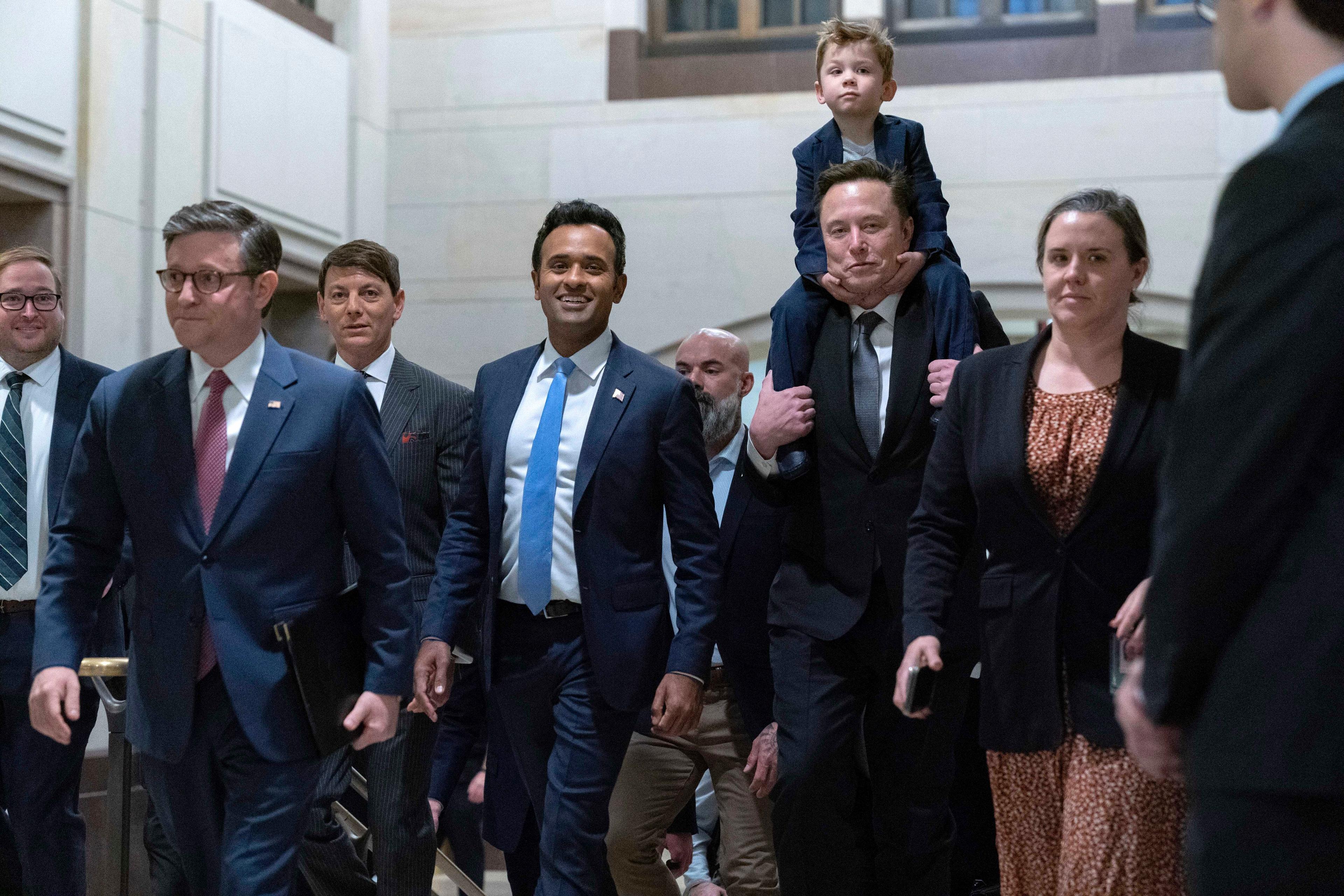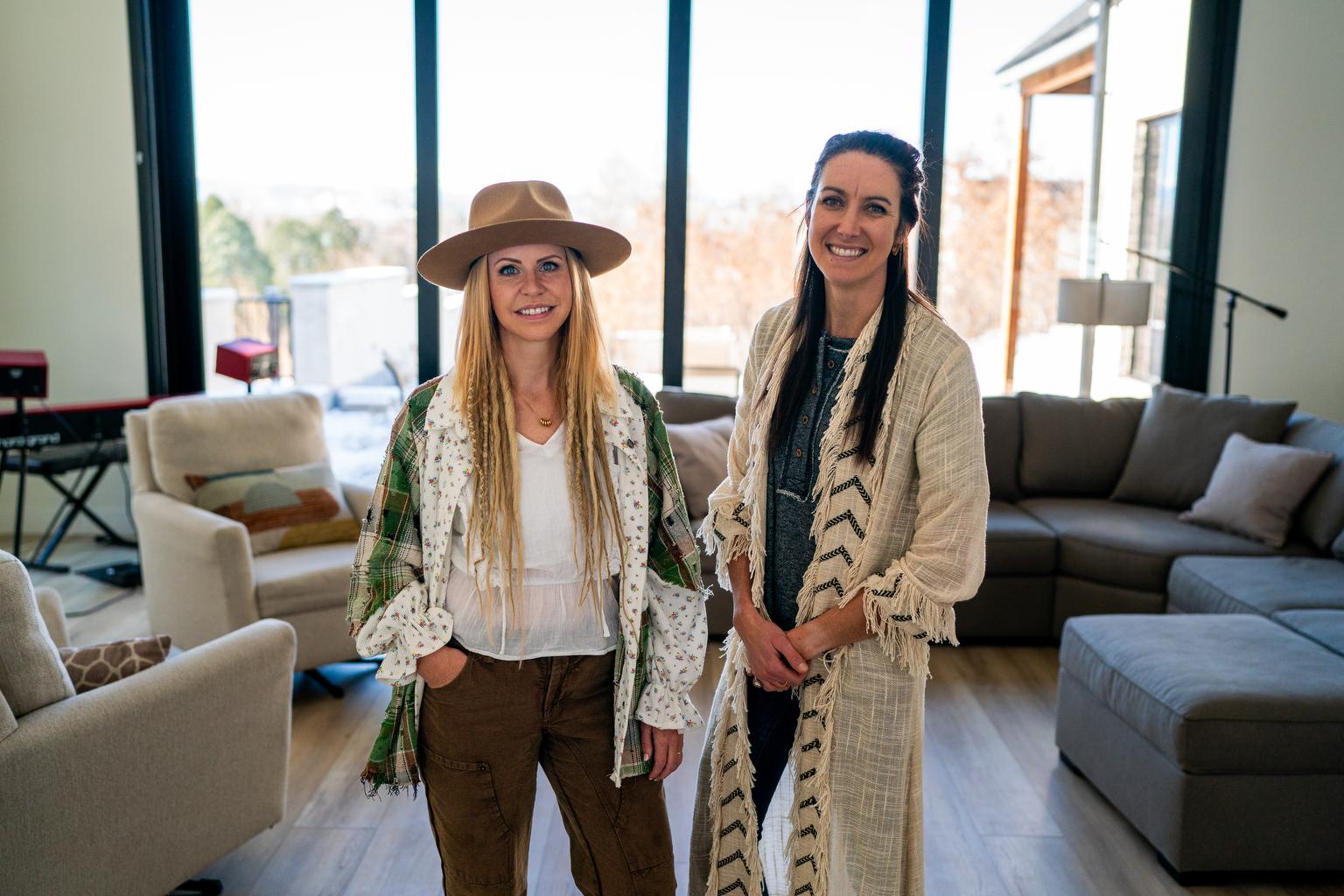
The pressure modern parents feel to make the right child-rearing decisions is just one reason some decide not to have their kids vaccinated, or to forgo certain vaccines, according to sociologist Jennifer Reich.
The author of “Calling the Shots: Why Parents Reject Vaccines” also believes the reason for Colorado’s low vaccination rates — state kindergartners have the lowest rate in the nation for the measles, mumps and rubella vaccine — has roots in western independence.
As the Colorado legislature considers a bill that would tighten the requirements for parents who want to opt their kids out of vaccines, people from both sides of the debate have lined up to weigh in.
Reich, who’s also a professor of sociology at the University of Colorado Denver, is empathetic with the pressure today’s parents feel but cautions that the science is clear that vaccinations are safe and improve public health.
Interview Highlights
On the mistrust of vaccines despite scientific evidence:
“Vaccines have a better safety profile than I would say any pharmaceutical product on the market. For example, your risks of reactions to antibiotics are much more likely than for a vaccine. And there's a series of safety monitoring systems and agencies that meet several times a year to go over all of the data and to evaluate constantly if vaccines are working and if they're safe.”
On the pressure modern parents feel to make the right decisions for their children, including whether to vaccinate:
“Each decision parents make, whether it's school choice, whether it's traveling soccer teams and tutoring, whether it's health care decisions, all feel high stakes. And I'm, I'm sympathetic for what that feels like as a parent and also aware that we have to start trusting each other if we're going to move forward in ways that can protect all the children in the community.”
On the risk of pandemics for people today compared to those who lived through a major epidemic like polio:
“People don't have that lived experience of seeing an epidemic. Vaccines have been considered one of the most important life-saving technologies at times when people were fearful of diseases who had seen things like polio. Having the option of a vaccine was a game-changer for them and it created a sense of relief and safety where none had existed before.”
Answers have been edited and condensed for clarity.









